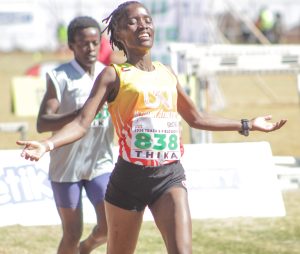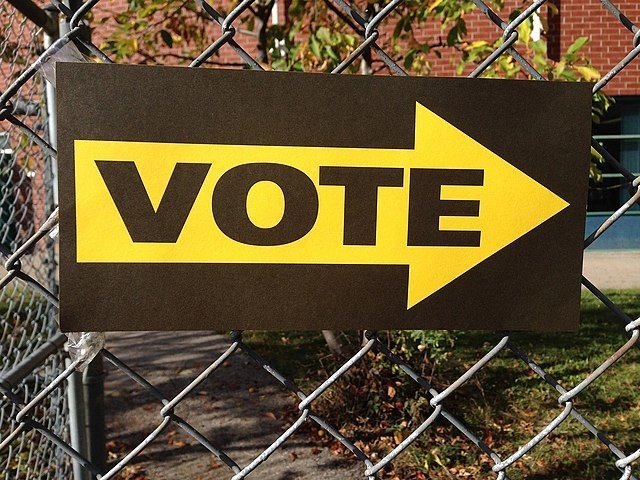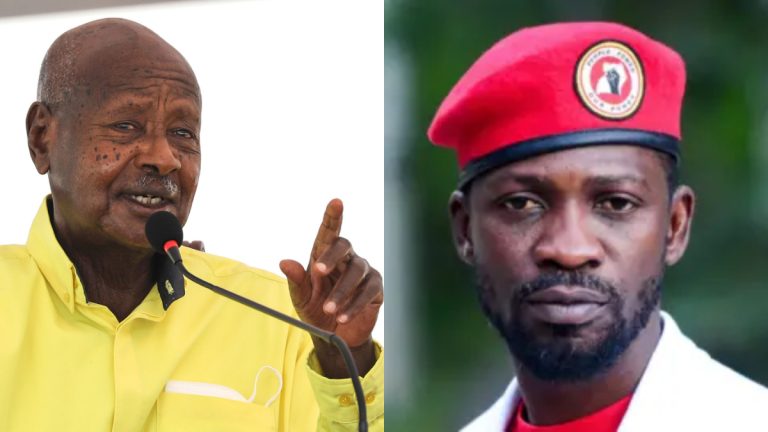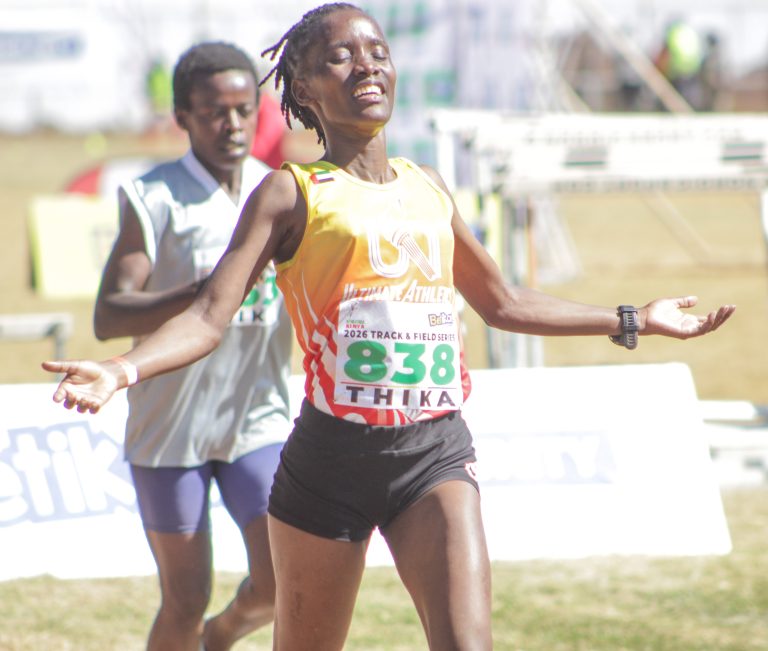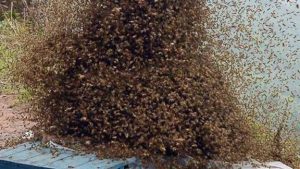Fresh trauma arrives with every election season in Tanzania for 42-year-old Mariam Staford.
For most, the fiesta-like rallies and songs, along with the campaign messages, signal a chance for people to make their voice heard. But for those with albinism, they bring terror.
Warning: This article contains details of graphic violence that some people may find upsetting
“The first thing that comes to me is fear,” Mariam tells the BBC as people prepare to vote for a president and parliament on Wednesday.
“I know that killings of people with albinism happen especially at election time in Tanzania, when witchcraft beliefs intensify. That’s why I don’t take part in campaigns… I am so afraid.”
Albinism, which affects an estimated 30,000 people in Tanzania, is a rare genetic condition that reduces melanin – the pigment that gives colour to skin, eyes and hair.
Superstition has made those with the condition targets. The false belief that body parts of people with albinism bring wealth, luck, or political success have driven attacks and killings across Tanzania.
Activists say such assaults intensify in the run-up to an election as people vie for political influence.
Mariam knows what this danger looks and feels like personally.
In 2008, one of the bloodiest years for people with albinism in Tanzania as preparations for local elections were under way, machete-wielding men stormed into her bedroom in Kagera, a north-western border region.
“They came at a late hour of the night, cut off my right hand [from above the elbow] and took it away, and then they also cut off my left hand.
“The next day I was taken to a dispensary, unconscious, and the doctor who saw me said: ‘This person is already dead, take her back home and bury her'”.
Against the odds, Mariam survived; but she was five months pregnant and her unborn child did not.
The attack not only left her with permanent disabilities but forced her to abandon Kagera, one of the epicentres of ritualistic killings of people with albinism at the time.
She eventually resettled in the relative peace of Kilimanjaro region, where a rights group for people with albinism, Under the Same Sun, built her a house and trained her to use a knitting machine. She now makes sweaters.
Seventeen years on, the trauma has not faded.
“Even now, I sometimes dream of that night,” Mariam says. “When I wake up, I touch my arms and remember they are not there. It is something I will never escape.”
What happened to Miriam was one of scores of attacks targeting people with albinism and their body parts.
Under The Same Sun says there have been 211 such incidents in Tanzania since 2008:
- 79 people have been killed
- 100 people were mutilated but survived
- Three victims were not injured
- Two people were abducted and remain missing
- 27 graves have been desecrated and body parts looted.
In 2008 alone as many as 35 people with albinism were murdered, while many other deaths probably went unreported.
Those killings drew global condemnation, prompting a government crackdown. The president at the time, Jakaya Kikwete, condemned the attacks and called for tough action against the killers.
As a result, Tanzania stepped up investigations when it came to witchcraft-related killings of people with albinism and tightened laws against discrimination.
There have also been attempts to raise public awareness about the issue.
At a traffic roundabout in the town of Sengerema in the north-west, a monument has been built to commemorate the children, women and men with albinism who have lost their lives or were maimed in attacks.
The life-size metal statue shows a father lifting a child with albinism onto his shoulders while the mother shields it from the sun.
Mariam’s name is carved in the monument.
So is that of Mariamu Emmanuel, who was just five when she was killed in 2008.
Sitting at his home in Mwanza, her brother, Manyashi Emmannuel, now 25, recalls that day. The pain still haunts him.
“I was eight years old, and saw her legs, hands and tongue removed by the attackers. Ever since then, I have been scared. It is most difficult at times when we hear of attacks close to elections.”
Despite the awareness campaigns, the attacks are still continuing.
One has been recorded this year, in the north-western town of Simuyu, in June. The victim was unharmed but has now been moved to a safe house.
President Samia Suluhu Hassan recently warned against what she called harmful traditional beliefs, saying they had no place in Tanzania’s elections.
Senyi Ngaga, a district commissioner of one of the areas prone to attacks, says government education campaigns have raised understanding, but rural areas remain vulnerable to superstitions as well as discrimination.
She wants more involvement from everyone in the community to stop the attacks.
“We recently held a festival with traditional healers where we sat together and talked,” the commissioner tells the BBC.
“As the election approaches, we also advised them to be good ambassadors to tell others to reject such acts and ensure that people with albinism are protected.”
While campaign groups and survivors say much more work still needs to be done by the government, some progress has been made.
Awareness drives, civil society programmes, and school inclusion initiatives have helped reduce attacks in some areas.
Communities are slowly beginning to understand that people with albinism are not cursed and that superstitions can have deadly consequences.
But the murder last year of two-year-old Asimwe Novath, abducted from her home in Kagera region, was a reminder that the issue has not gone away.
Witnesses said the toddler was taken by force by two unidentified men while she played with her mother.
Seventeen days later, parts of Asimwe’s body were found in a sack, discarded under a bridge in the same region. Her remains were later buried at her family home.
Nine suspects have been charged with premeditated murder in connection with the killing, but the case has not concluded.
For Mariam, the case brought up troubling memories.
“It took me back to my own night of attack back in 2008. I know that pain, and I know her mother will never forget it.”
Her experience means that fear is part of her everyday life. She avoids crowds and rarely leaves home unaccompanied.
As Wednesday’s vote approaches, Mariam says she will not cast a ballot, sceptical about what difference it will make to her life.
Instead, she will spend the day quietly at home in Kilimanjaro.
By BBC.



